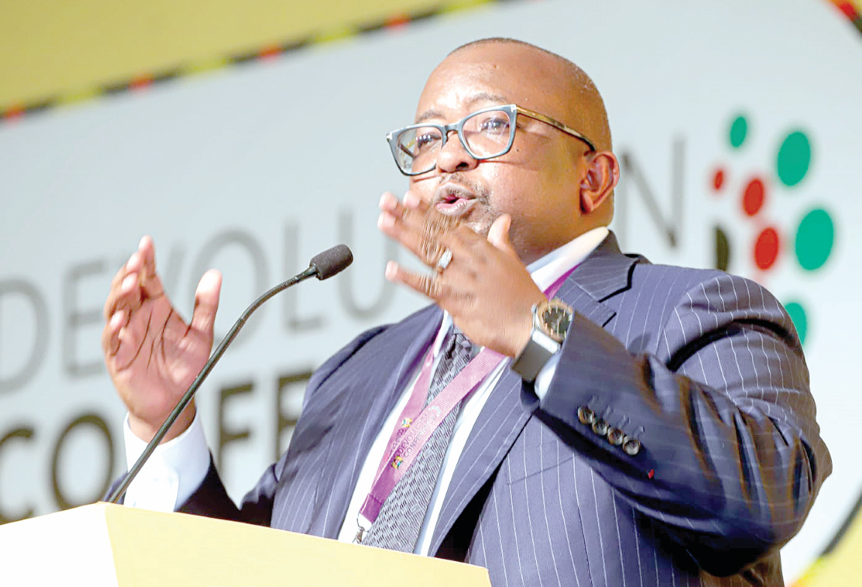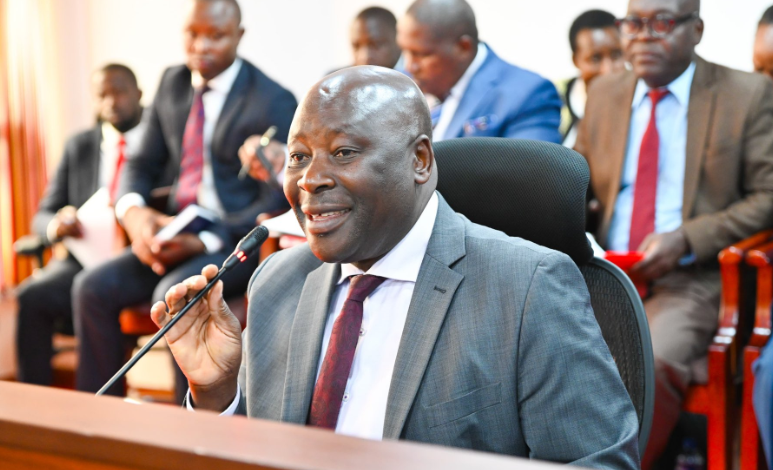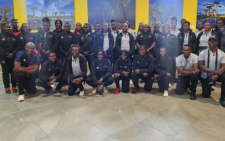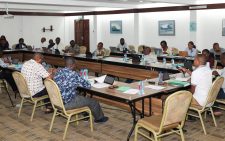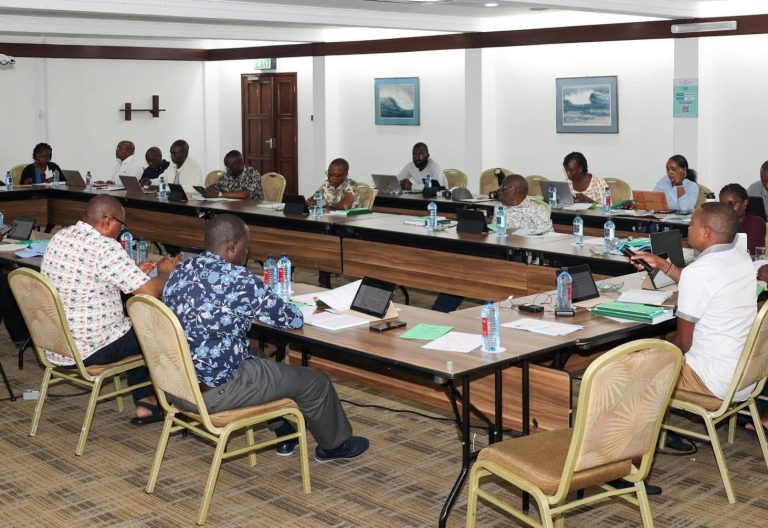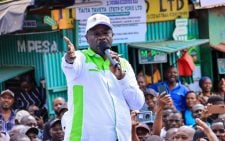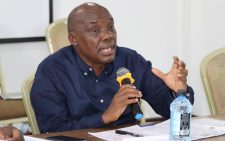Ruto: Kenya signs Ksh10B electricity contract to connect marginalised communities

President William Ruto has said the government has signed a Ksh10 billion electricity contract to connect marginalised communities in the country.
Ruto made the revelation during the signing ceremony of improved access to electricity through mini-grids and a stand-alone solar system under the Kenya off-grid solar access project for the underserved counties on Wednesday, February 19, 2025, at State House.
“Today, we sign contracts worth over Ksh10 billion to extend electricity to communities that have remained on the fringes of development for far too long.
“The 14 contracts signed today will establish 113 mini-grids, bringing electricity to the counties of Turkana, Marsabit, Samburu, Isiolo, Mandera, Wajir, Garissa, Tana River, Lamu, Kilifi, Kwale, and Narok. This marks a significant expansion of Kenya’s growing energy revolution.
“Additionally, six contracts will ensure that 343 public health facilities, schools, and administrative offices are connected to electricity through stand-alone solar systems at a cost of KSh 438 million. A further 316 solar water pumps for boreholes, worth Ksh1.6 billion, are in the final stages of procurement, ensuring that electricity not only lights homes but also powers essential services,” Ruto said.
Strides
To Ruto, the event is more than just a contract signing; it is a reaffirmation of Kenya’s unwavering commitment to inclusive development.
“It sends a clear message that no Kenyan, regardless of location or background, will be left behind in our nation’s progress. Our mission is to extend modern, reliable, and affordable electricity to every home, school, and business, from the most remote villages to the busiest urban centers,” he added.
The Head of State added that access to electricity has accelerated with a larger portion of the population now connected.
“Kenya has made remarkable strides in electrification, increasing access from 29% in 2013 to 75% today, positioning us among the leading nations in Sub-Saharan Africa. However, this progress has not been uniform. While electrification has advanced in urban centers and along major transport corridors, vast rural areas remain in darkness.
“For communities far from the national grid, solar power offers the most practical, cost-effective, and immediate solution. That is why the government, in partnership with the World Bank, is implementing the Kenya Off-Grid Solar Access Project (KOSAP),” he continued.
The president said the KOSAP initiative is not only about more than just power; it is about transformation.
“With electricity in health facilities, vaccines and essential medicines will be safely stored, ensuring life-saving treatments reach those in need. With electricity in schools, our children will benefit from longer study hours, better learning environments, and greater opportunities to excel.
“With power in homes and businesses, we will unlock new economic opportunities, support small and micro-enterprises, and create jobs, turning villages into vibrant hubs of commerce and innovation,” he concluded.
He also said that the Last Mile Connectivity Programme has seen 1.2 million customers connected, with another 460,000 set to benefit by 2026.
